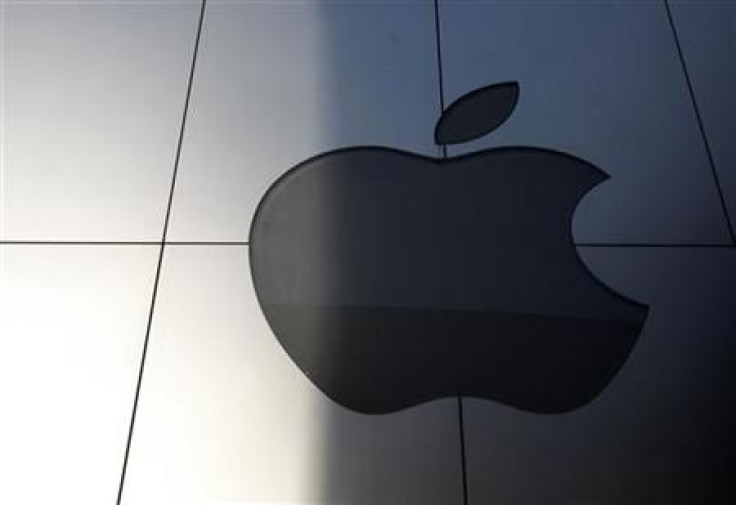Coalition of Tech Giants Pull Support of Online Piracy Bill

The Business Software Alliance, a group representing major technology companies such as Microsoft, Apple, Adobe and Intel, pulled its support of a controversial bill aimed at combating online piracy.
Robert Holleyman, BSA's chief, said Monday that the Stop Online Piracy Act, or SOPA, has a laudable goal, but is currently designed in a way that could do harm to web sites that try to abide by copyright laws.
It is intended to get at the worst of the worst offenders, Holleyman said. As it now stands, however, it could sweep in more than just truly egregious actors.
When the legislation was introduced in October, Holleyman praised its main sponsor, U.S. Rep. Lamar Smith, R-Texas, for introducing bipartisan legislation to shut down foreign web sites that peddle pirated material, including software.
The House Judiciary Committee, which Smith chairs, held a hearing on the legislation that exposed the concerns tech giants like Google and Facebook have voiced.
Chief among the criticisms of the bill is that its language is too broad. Rogue websites--lawmakers' real target--are defined as those dedicated to the theft of U.S. property. A site that engages in, enables or facilitates copyright infringement or avoids confirming a high probability of infringing activity would fall under SOPA's definition of a rogue site.
The U.S. Department of Justice would also be empowered to prohibit Americans from accessing web sites by blocking their domain name--an obstacle that can be easily circumvented. Nonetheless, SOPA's critics say the government could effectively create an Internet black list of web sites blocked off from America's web-surfers.
Proposed Legislation: Too Broad?
After the House hearing on SOPA, lawmakers from both parties started to echo these concerns.
This is a very broad coalition from far left to far right who realize this will hurt innovation, something we can't afford to do, said Issa Nov. 16.
On the other side of the aisle, House Democratic Leader Nancy Pelosi of California said Congress should find a better solution to combat online piracy.
Holleyman, like other critics of SOPA, suggested more fine-tuning of language defining rogue web sites that run lucrative piracy operations.
To fix this problem, definitions of who can be the subject of legal actions and what remedies are imposed must be tightened and narrowed, Holleyman wrote on a BSA blog. Due process, free speech, and privacy are rights cannot be compromised. And the security of networks and communications is indispensable to a thriving Internet economy.
© Copyright IBTimes 2024. All rights reserved.











